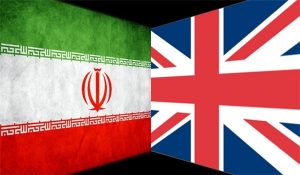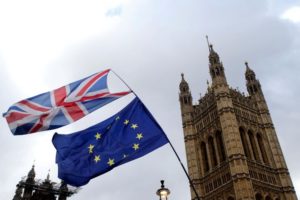The British Conservative Government’s Political Elite, and the European Union: Safeguarding British Interests (With Special Reference to: 2010 – 2016)
The U.S. and U.K. both had interest in British entry into the E.E.C., but, as we have seen from our studies, they had conflicting ambitions. Ironically, when Kennedy met de Gaulle in Paris in 1961, he raised the issue with de Gaulle. He tried to persuade him to ease the way for British entry. This was ironic on two accounts. First, de Gaulle was not keen on Britain entering the E.E.C. because of her ‘special relationship’ with America. Therefore, Kennedy’s persuasion only justified his opposition. Secondly, Britain wanted to join the European Economic Community not for the same reason that America wanted her to, but for her own political influence.
When Churchill advocated that Europe should become united, although then out of office, he worked hard to involve the United States in the defence of Europe, a policy that Ernest Bevin was equally keen on. Britain welcomed the Marshall Plan, accepting Washington’s lead in West Germany and Berlin, the signing of the N.A.T.O. treaty and the assumption by the United States of a dominating military position in the whole area. Consequently, American power and money prevented the left from victory, particularly in Greece and Italy where the ruling class was approaching total political bankruptcy, and the capitalist system in Western Europe remained stabilised. Churchill said, in regard to Britain’s post-war role:
“As I look upon the future of our country in the changing scene of human destiny, I feel the existence of three great circles among the free nations and democracies… first circle for us is naturally the British Commonwealth and Empire, with all that that comprises. Then there is also the English-speaking world in which we, Canada, and the other Dominions and the United States play so important a part. And finally there is the United Europe…. Now, if you think of the three inter-linked circles you will see that we are the only country which has a great part in every one of them.”
Although having to accept America in the leading role, Britain, from the beginning, had influenced N.A.T.O., which also covered the regional Pacts, to accommodate British interests and the British sphere of influence, as well as American requirements. (S.E.A.T.O. and C.E.N.T.O., the regional Pacts that we discussed, were all with American participation.)
Pages: 1 2 3 4 5 6 7 8 9 10 11 12 13 14 15 16 17 18 19 20 21 22



